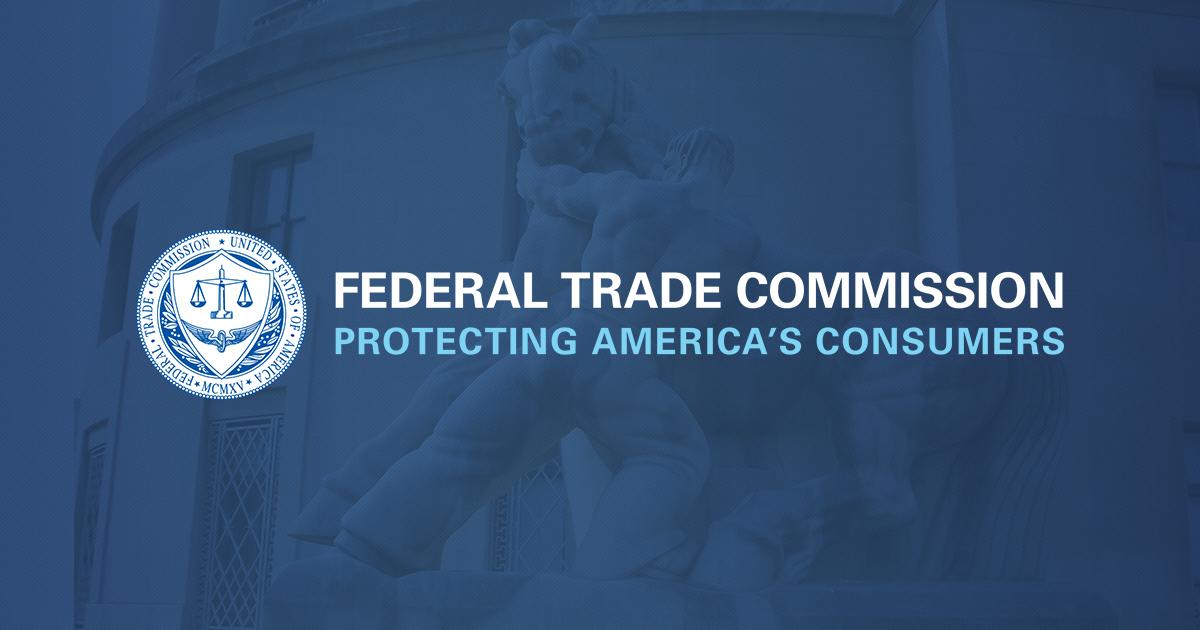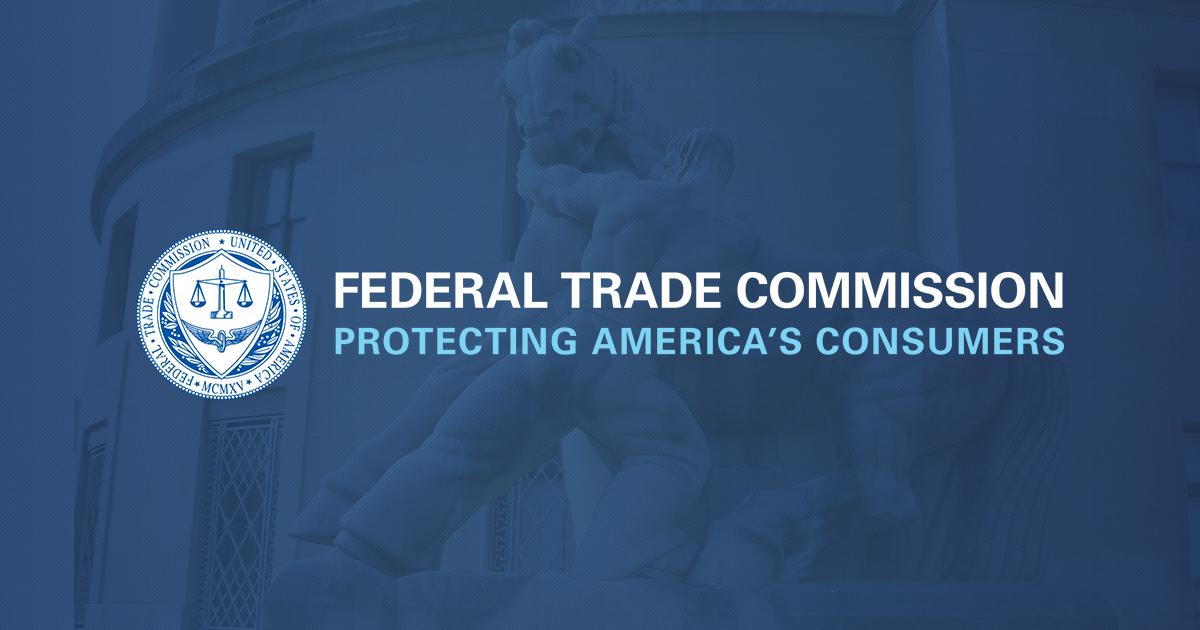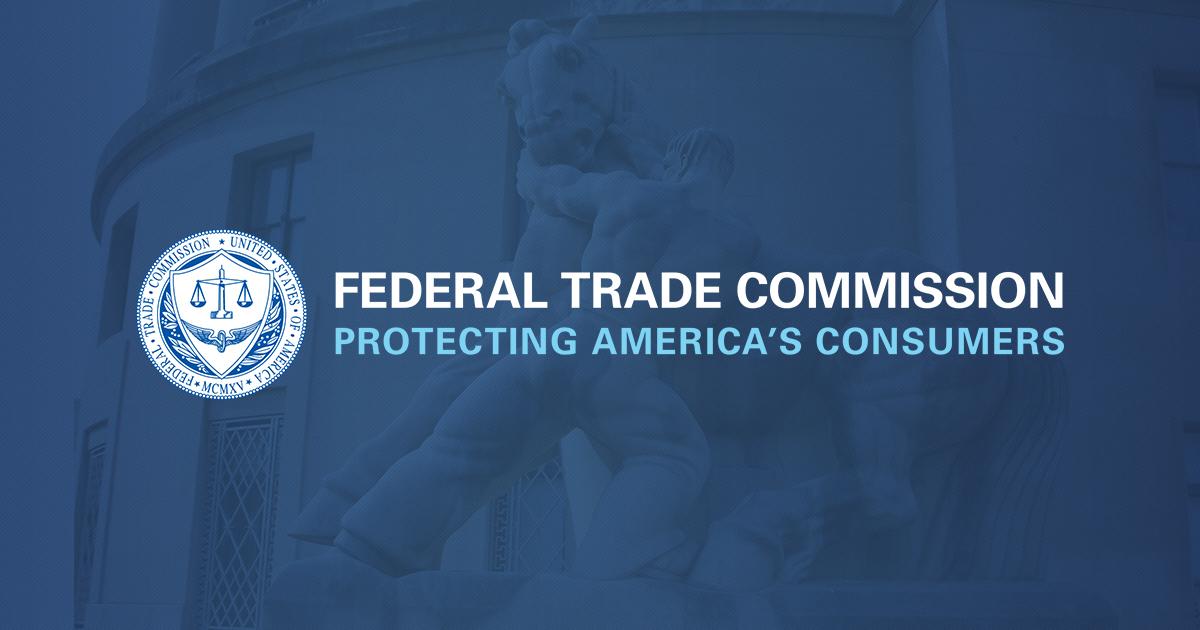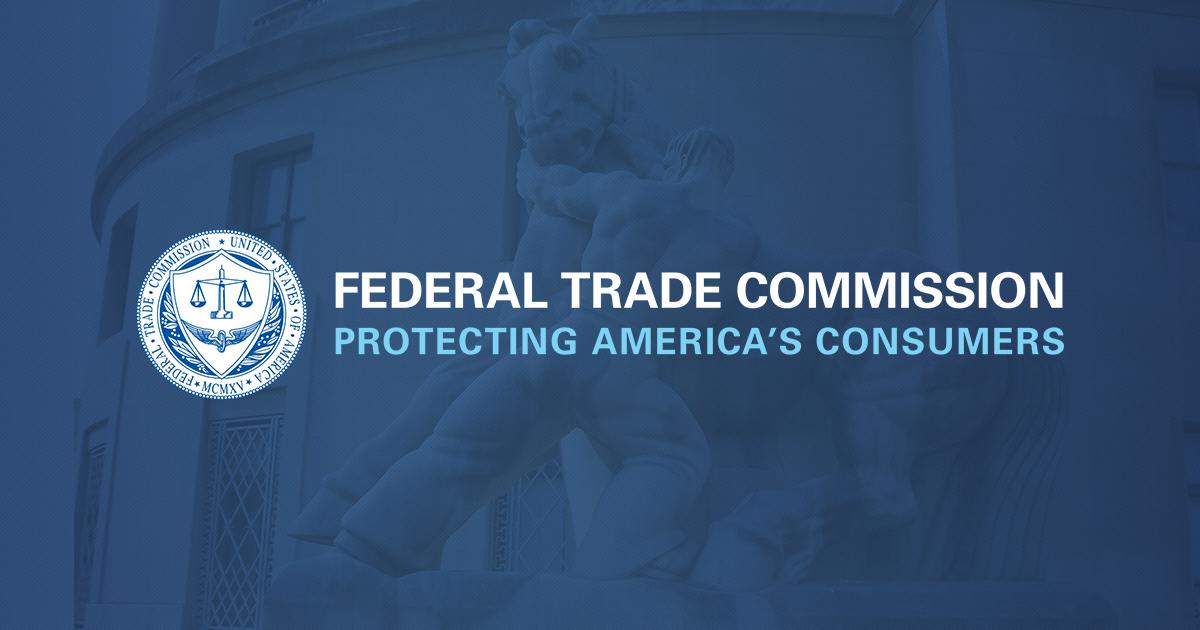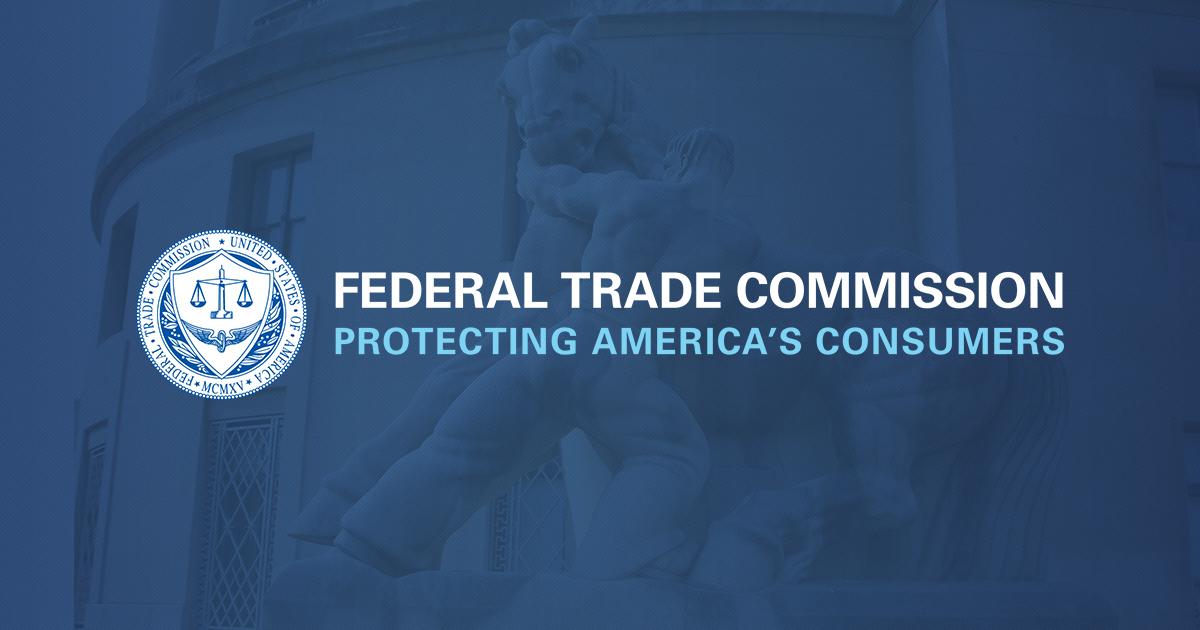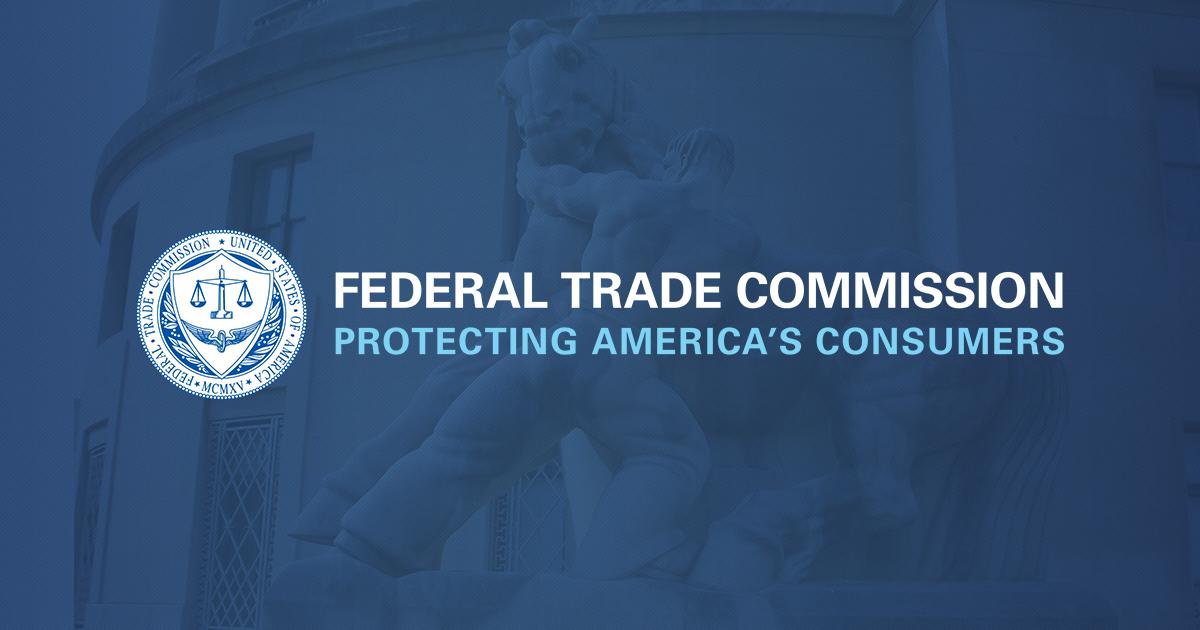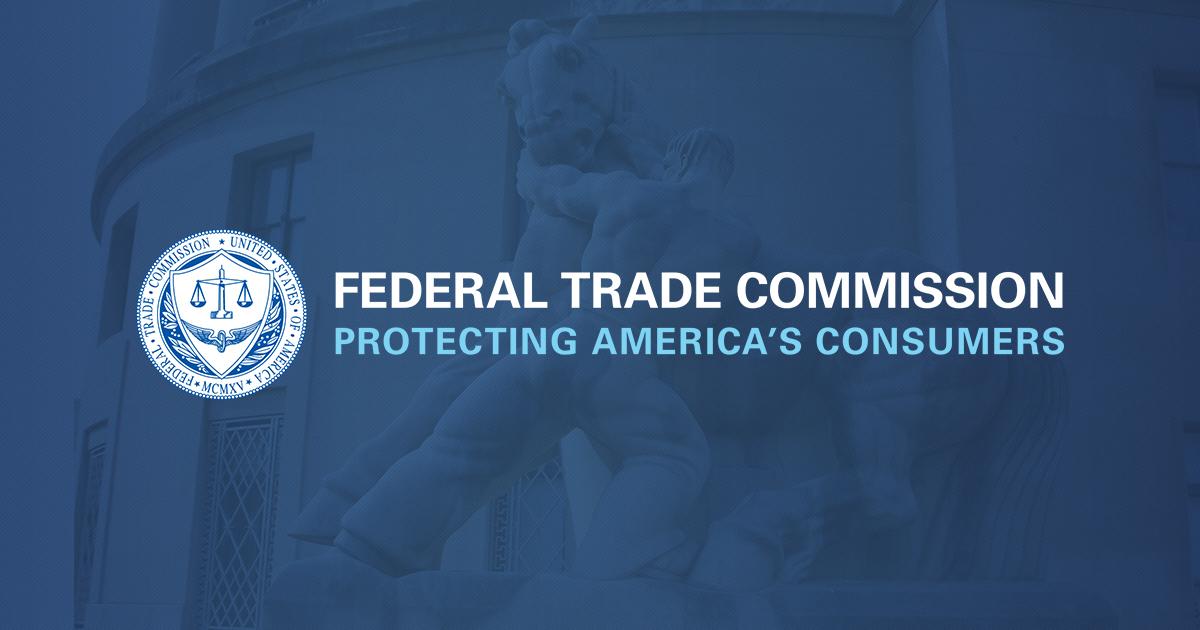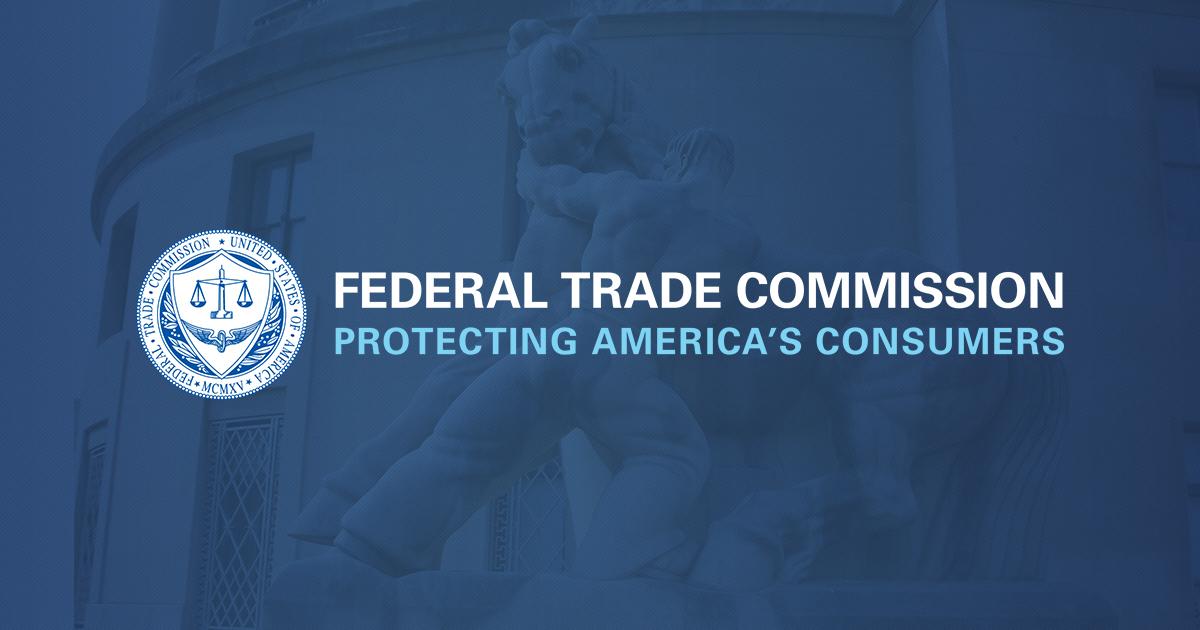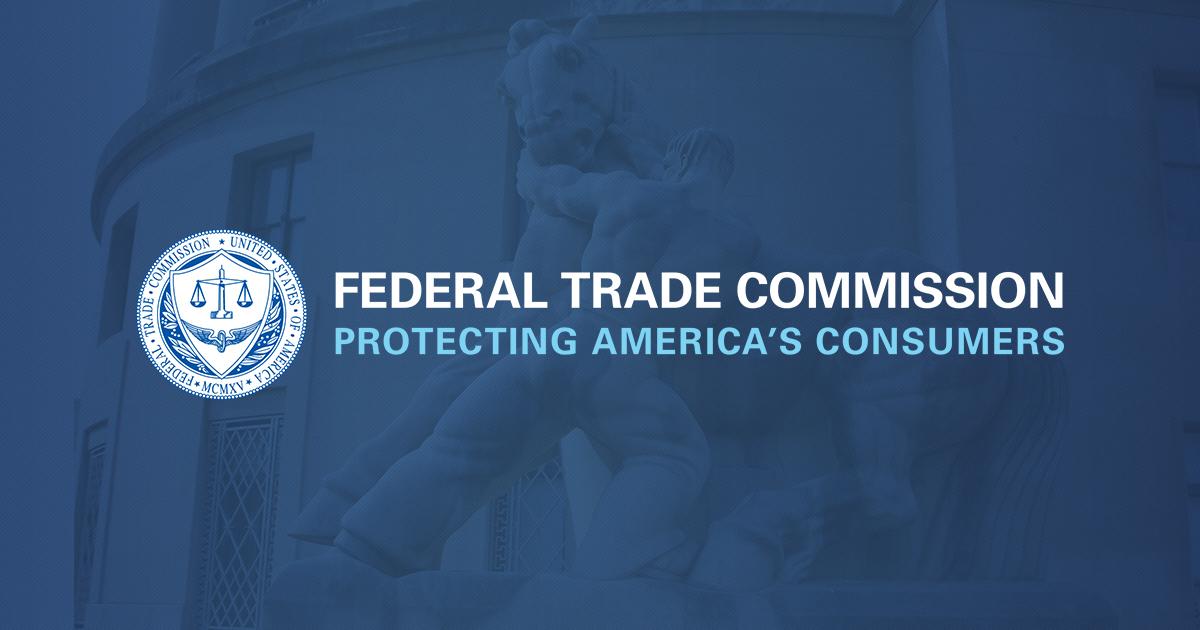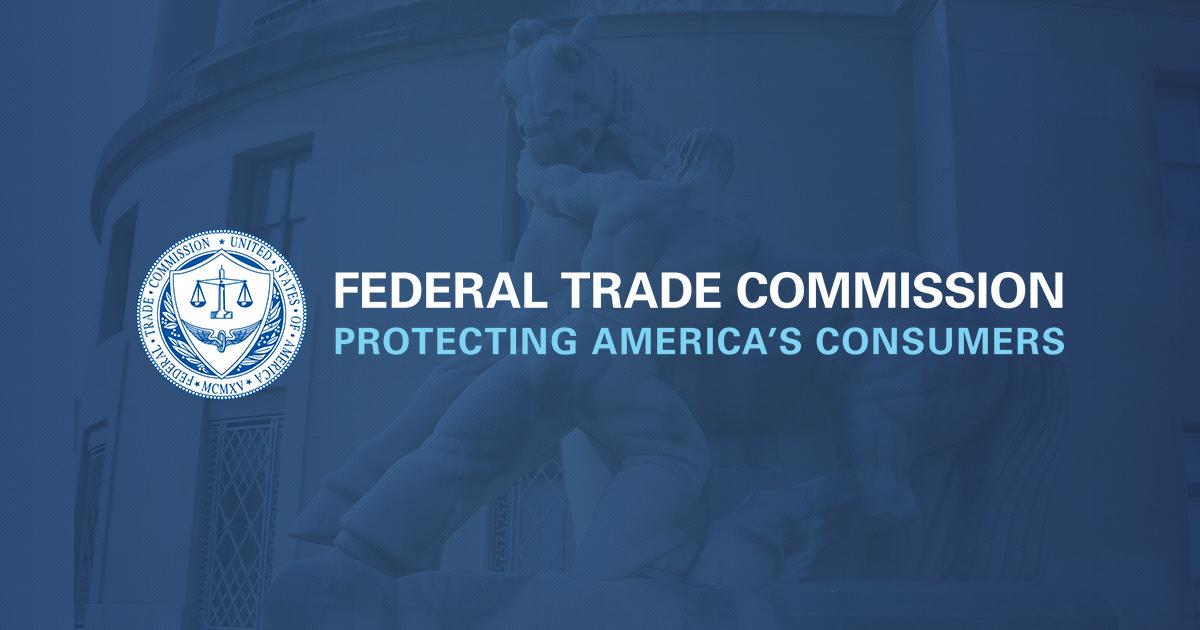The Federal Trade Commission today announced several court actions obtained against a nationwide telemarketing scheme that the media has dubbed the “Wal-Mart Shopping Spree” scam. In this scam, consumers were falsely promised free gifts and wrongfully paid monthly fees for “program memberships” such as discount buyers’ and travel clubs.
The actions announced today ban Brian K. MacGregor, the architect of the scheme, from engaging in any aspect of telemarketing or the selling of program memberships. He and Membership Services Direct, Inc., also known as (aka) Continuity Partners, Inc., have been ordered to pay $28.2 million to the FTC, representing the net profits generated through the scheme. The court has also barred MacGregor and Membership Services Direct, Inc. from making material misrepresentations in connection with the sale of any goods or services, engaging in unauthorized billing, and violating any provision of the FTC’s Telemarketing Sales Rule (TSR).
In addition, the court has approved settlements for the remaining defendants in this case. In connection with those settlements, MacGregor’s wife, Christine MacGregor, has turned over title to two properties and proceeds from the sale of two other properties. Brian MacGregor’s co-defendants – Harijinder Sidhu, Joseph F. LaRosa, Jr., Pranot Sangprasit, William T. Heichert, Michael H. Cushing, Paul P. Tosi, and Manh D. Cao – are barred from making material misrepresentations in connection with the sale of any goods or services, engaging in unauthorized billing, and violating any provision of the TSR.
The other companies involved in the telemarketing scam – Universal Premium Services, Inc. (aka Premier Benefits, Inc.), Consumer Reward Network, Inc., Star Communications LLC, All Star Access, Inc., Prime Time Ventures, Inc., Connect2USA, Inc., Merchant Risk Management, Inc., and Pantel One Corporation – are barred from making material misrepresentations in connection with the sale of any goods or services, engaging in unauthorized billing, and violating any provision of the TSR. They have been shut down by a permanent receiver appointed by the court.
The Commission’s Complaint
The FTC filed a complaint in the U.S. District Court for the Central District of California, charging the defendants with violations of the FTC Act and TSR. The complaint alleged that the defendants cold-called consumers with the goal of tricking them into disclosing their bank account information, falsely promising them valuable incentives such as gift cards and “shopping sprees” to retailers such as Wal-Mart and Macy’s, movie passes, and gas vouchers. All of these items were supposedly free with the payment of a nominal shipping-and-handling fee. In many instances, the defendants misrepresented that they were affiliated with well-known retailers, government entities, or the consumers’ financial institutions. The defendants also harassed consumers by making repeated telemarketing calls to them, ignoring consumers’ requests not to call again, and using profane and abusive language during the telemarketing calls. Finally, the defendants made unauthorized debits from consumers’ bank accounts after tricking them into disclosing their account information.
Case History
In March 2007, the court entered stipulated final orders against seven of the individual defendants – Sidhu, Sangprasit, LaRosa, Jr., Heichert, Cushing, Tosi, and Cao – and in August 2007, the court entered a stipulated final order against fraudulent transfer defendants Christine MacGregor and Midwest Properties, Inc. A trial concerning monetary relief was held in July 2007, with the court subsequently finding Brian MacGregor and Membership Services Direct monetarily liable for $28.2 million.
In January 2008, the court entered a stipulated final order against Universal Premium Services, Inc., aka Premier Benefits, Inc.; Consumer Reward Network, Inc.; Star Communications LLC; All Star Access, Inc.; Connect2USA, Inc; Merchant Risk Management, Inc.; and Pantel One Corporation. The stipulated final order bars them from making material misrepresentations in connection with the sale of any goods or services, engaging in unauthorized billing, and violating any provision of the TSR. A permanent receiver appointed by the court has since shut the companies down.
This week, the court entered a final monetary judgment against Brian MacGregor and Membership Services Direct, Inc. totaling $28.2 million, which represents the net profits generated through their fraudulent telemarketing scheme between January 1, 2003 and February 22, 2006.
The Commission vote approving the filing of the stipulated final orders against Sidhu, Sangprasit, LaRosa, Jr., Heichert, Cushing, Tosi, and Cao was 5-0. The court entered those settlements on March 8, 2007. The vote approving the filing of the stipulated final order against Christine MacGregor and Midwest Properties, Inc. was 5-0. The court entered that settlement on August 31, 2007.
The Commission vote authorizing the filing of the stipulated final order against Universal Premium Services, Inc., aka Premier Benefits, Inc.; Consumer Reward Network, Inc.; Star Communications LLC; All Star Access, Inc.; Prime Time Ventures, Inc.; Connect2USA, Inc.; Merchant Risk Management, Inc.; and Pantel One Corporation, was 5-0. The court entered the settlement on February 1, 2007.
The court entered the final order for permanent injunction against Brian MacGregor and Membership Services Direct, Inc. on February 27, 2007, and entered the final order for monetary relief on April 17, 2008.
The FTC would like to thank the attorneys general for the states of Arkansas, Connecticut, Florida, Illinois, Iowa, Michigan, Nevada, North Carolina, North Dakota, Ohio, Oregon, Pennsylvania, South Dakota, Vermont, Washington, West Virginia, and Wisconsin, as well as the United States Postal Inspection Service, the Better Business Bureau of the Southland, and the Better Business Bureau of Southern Nevada, for their invaluable assistance in this case.
Consumer Information
Consumers who had money taken by any of the corporate defendants without their express informed consent may send a letter to: Federal Trade Commission, attn.: Faye Chen Barnouw or Jennifer M. Brennan, 10877 Wilshire Blvd., Suite 700, Los Angeles, CA 90024. The letter should identify which company took money from them, include the dates and amounts of the withdrawals, and contain any supporting documentation. Consumers who have already sent this information to the FTC do not need to resubmit it. Consumers seeking more information about this case may call the case hotline number: 202-326-2090.
NOTE: Stipulated final orders are for settlement purposes only and do not constitute an admission by the defendant of a law violation. A stipulated final order requires approval by the court and has the force of law when signed by the judge.
The FTC works for the consumer to prevent fraudulent, deceptive, and unfair business practices and to provide information to help spot, stop, and avoid them. To file a complaint in English or Spanish, click http://www.ftc.gov/ftc/complaint.shtm or call 1-877-382-4357. The FTC enters Internet, telemarketing, identity theft, and other fraud-related complaints into Consumer Sentinel, a secure, online database available to more than 1,600 civil and criminal law enforcement agencies in the U.S. and abroad. For free information on a variety of consumer topics, click http://ftc.gov/bcp/consumer.shtm.

